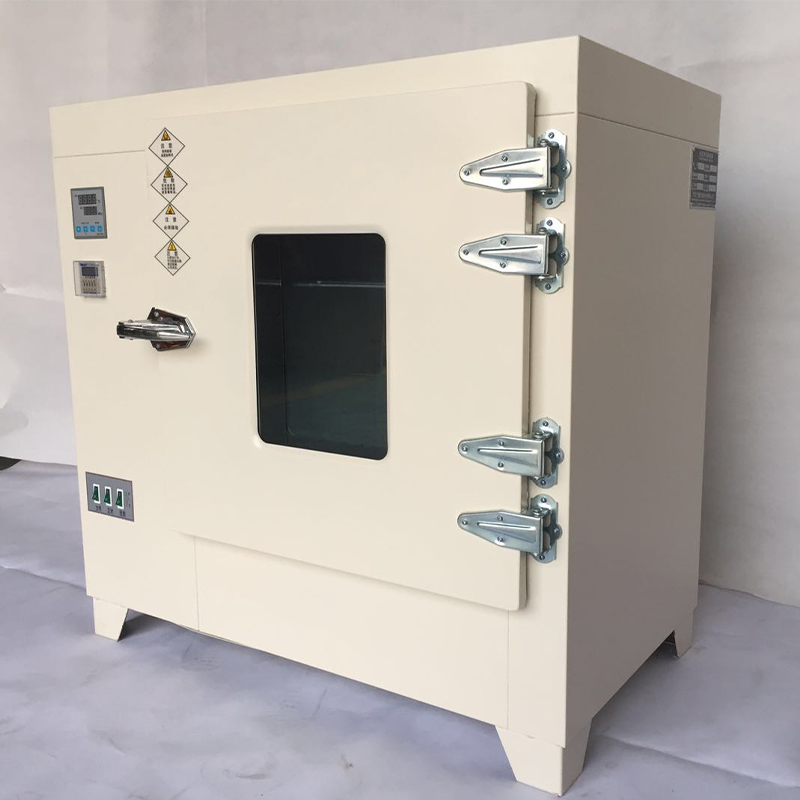computer control universal tensile testing machine manufacturer
The Evolution and Importance of Computer-Controlled Universal Tensile Testing Machines
In the realm of material testing, the significance of understanding the mechanical properties of materials cannot be overstated. This is where computer-controlled universal tensile testing machines come into play. These sophisticated devices are critical in assessing the tensile strength, elongation, and other mechanical properties of various materials, including metals, polymers, and composites. By automating the testing process and improving accuracy, they have revolutionized the way researchers, engineers, and manufacturers evaluate material behaviors.
The Technology Behind the Machines
Computer-controlled universal tensile testing machines are engineered to perform tensile tests with high precision. At the core of these machines is a computer system that facilitates data collection, analysis, and reporting, thereby enhancing the testing process. The control system allows operators to set specific test parameters, such as the speed of loading and the maximum load, tailored to the requirements of the materials being tested.
These machines typically consist of a load frame, grips for holding the test specimen, and a computer interface. The load frame is constructed to apply a controlled force to the material being tested. Grips ensure that specimens are securely held during the test, preventing slippage that could skew results. Advanced models often incorporate extensometers, devices that measure the deformation of the test specimen, providing critical data on the material's behavior under stress.
Applications Across Industries
The applications of computer-controlled universal tensile testing machines are vast and varied, encompassing numerous industries, including aerospace, automotive, construction, and textiles. For instance, in the aerospace sector, the ability to test materials for tensile strength is vital, given the extreme conditions these components must withstand. Engineers rely on precise measurements to ensure that materials can handle the stresses they will encounter during flight.
In the automotive industry, these machines play a crucial role in the development of stronger, lighter materials that can enhance fuel efficiency and safety
. Furthermore, in construction, tensile testing is essential for materials like steel and concrete, ensuring that structures can endure the loads they are subjected to over time.Advancements and Features
computer control universal tensile testing machine manufacturer

Recent advancements in technology have led to the development of more sophisticated features in computer-controlled tensile testing machines. For example, many modern machines now come equipped with user-friendly software interfaces that enable real-time monitoring and data analysis. This integration allows for the immediate assessment of test results and facilitates the generation of detailed reports, helping engineers make informed decisions.
Moreover, some manufacturers have incorporated machine learning algorithms into their systems. These innovations can predict material behavior based on historical data, providing an added layer of analysis that can influence product design and material selection.
Additionally, the push for sustainability in manufacturing has promoted the use of tensile testing machines to evaluate eco-friendly materials and composites. As industries strive to reduce their carbon footprint, understanding the properties of biodegradable and recycled materials becomes increasingly necessary.
Choosing the Right Manufacturer
When selecting a computer-controlled universal tensile testing machine, it is crucial to consider the manufacturer's reputation, technological capabilities, and customer support services. Established manufacturers that have a history of reliability and innovation are preferred. Buyers should also assess the machine's compatibility with their specific testing requirements and whether it meets international standards, such as ASTM and ISO.
Moreover, comprehensive after-sales support, including maintenance and calibration services, is vital for ensuring the longevity and accuracy of the equipment. In an industry where precise measurements can dictate the success of materials and products, investing in quality machinery from a reputable manufacturer is paramount.
Conclusion
As the demand for high-performance materials continues to grow, the role of computer-controlled universal tensile testing machines has become increasingly important. These machines not only provide accurate and reliable data but also enhance the overall testing process, allowing industries to innovate and create safer, more efficient products. As technology continues to advance, we can expect further enhancements in the capabilities of these machines, paving the way for new breakthroughs in material science and engineering. For businesses striving for excellence, investing in cutting-edge tensile testing technology is not just a choice; it's a necessity.
-
Why the Conductor Resistance Constant Temperature Measurement Machine Redefines Precision
NewsJun.20,2025
-
Reliable Testing Starts Here: Why the High Insulation Resistance Measuring Instrument Is a Must-Have
NewsJun.20,2025
-
Flexible Cable Flexing Test Equipment: The Precision Standard for Cable Durability and Performance Testing
NewsJun.20,2025
-
Digital Measurement Projector: Precision Visualization for Modern Manufacturing
NewsJun.20,2025
-
Computer Control Electronic Tensile Tester: Precision and Power for the Modern Metal Industry
NewsJun.20,2025
-
Cable Spark Tester: Your Ultimate Insulation Assurance for Wire and Cable Testing
NewsJun.20,2025
 Copyright © 2025 Hebei Fangyuan Instrument & Equipment Co.,Ltd. All Rights Reserved. Sitemap | Privacy Policy
Copyright © 2025 Hebei Fangyuan Instrument & Equipment Co.,Ltd. All Rights Reserved. Sitemap | Privacy Policy
